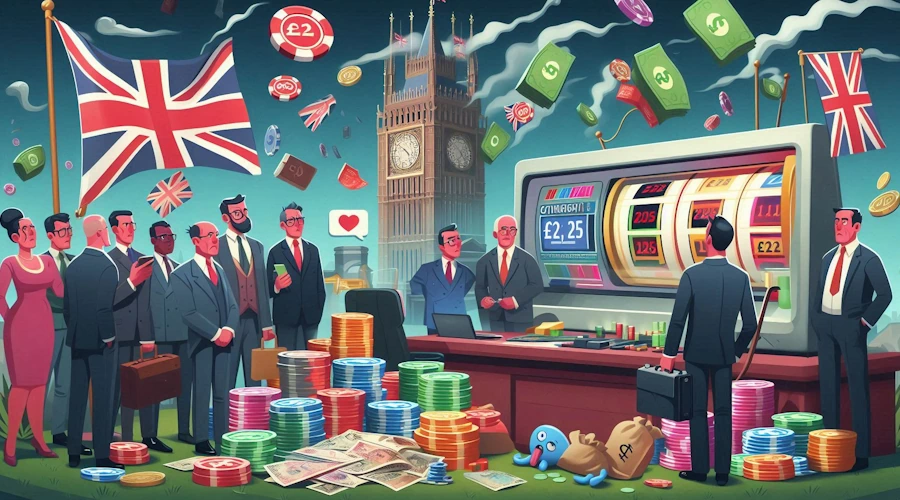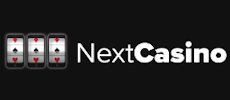 November 20 2024
November 20 2024
New figures from the UK Gambling Commission (UKGC) have shown an 11% rise in Gross Gaming Yield (GGY) for the three months to 30 September. Can the UK gambling industry continue to prosper through with stricter regulation likely in the future.
The Q3 figures recorded a GGY of £1.32 billion and slot revenues played a huge role in that. They are now at record levels with a GGY of £680 million, a 16% rise compared to the previous year. The average number of spins per session has fallen from 147 to 142 and the GGY for each session has slipped from £4.20 to £4.13, according to the BritishGambler.
While that is the case, the length of slot sessions has increased. 10 million players tried their luck on slots for over an hour. That’s 9% higher than in the same period in 2023 and it is predicted that with new mobile sites in 2025, the rate will be even higher.
It’s been a worrying year at times for the UK gambling industry. There has been talk of reforming the industry for several years now. The Conservative Government pledged to do so in their 2019 election manifesto but there was little movement over the years that followed. A White Paper on gambling reform wasn’t published until last year after several delays due to the turmoil in Downing Street.
The White Paper set out a number of measures that could be introduced and many of them related to online gambling. The last Gambling Act came into law in 2005 and since then there have been many changes in the UK gambling industry with the growth in online gambling.
This year saw an announcement that wasn’t good news for the gambling industry. A considerably lower maximum stake for online slots was due to be introduced, beginning at £2 for younger players and £5 for older players.
Introducing such a measure would have hit profits but then the Tories were voted out of power in July and the introduction of the new maximum stake limits was put on hold. The new Labour government is yet to introduce any significant changes. They have pledged to hold talks with the gambling industry before any concrete measures are announced.

Recent weeks have seen plenty of worries over the autumn budget. In the weeks leading up to the statement by Chancellor Rachel Reeves, there was talk of increasing remote gaming duty that is levied on online games of chance. The current 21% rate was rumoured to be being doubled. The gambling industry was relieved when no such rise took place in the budget.
It’s a decision that has been criticised and not just by the Liberal Democrats. The 21% rate remains and is below that levied in several other European countries and in the US, Canada and Australia.
Daisy Cooper is the Treasury spokesperson for the Liberal Democrats. Speaking about the decision not to raise remote gaming duty, she said it was “particularly worrying” that Labour had let “the big gambling companies off the hook.” Liberal Democrat leader Sir Ed Davey said increasing the tax figure was an obvious choice for Labour to make.
There has also been criticism by Labour donor Derek Webb who has been campaigning for higher levels of taxation and stricter regulation of the gambling industry. He sees the budget as a “missed opportunity to constrain the greed of the online gambling sector.”
Labour do plan to introduce reforms but just when they will happen remains to be seen. There have recently been concerns raised over the number of gambling-related advertisements that can be seen when watching English Premier League matches.
Other countries have been imposing stricter regulation on their gambling industries. In Brazil, the offering of bonuses is being banned. These are a key way in which companies can attract and then retain customers. However, critics do not approve of the way in which they are used to entice customers to gamble more, especially VIP clubs.
Ireland has recently passed its Gambling Regulation Bill. This will prohibit gambling advertising between 5.30am and 9pm. Inducements are being banned, a National Gambling Exclusion Register created and a Social Impact Fund introduced. That will support awareness of the problems of gambling. It will also take action against the unlicensed gambling market as has been the case in Australia recently.
The chief executive of the Betting and Gaming Council is Grainne Hurst. Her fear is that stricter regulation will put jobs in the gambling industry at risk and give the unlicensed market a boost. If that was to happen it would be bad news indeed for the UK’s gambling industry. It will be interesting to see just what happens in 2025 and how any measures introduced will hit industry profits.


Malta-License (EU)


Malta-License (EU)
 There is a No Deposit Bonus available: 20 Free Spins
There is a No Deposit Bonus available: 20 Free Spins


Malta-License (EU)


Malta-License (EU)



Malta-License (EU)


Malta-License (EU)


Malta-License (EU)


Malta-License (EU)


Malta-License (EU)
 There is a No Deposit Bonus available: 10 Free Spins on Book of Dead
There is a No Deposit Bonus available: 10 Free Spins on Book of Dead


Malta-License (EU)


Malta-License (EU)


Malta-License (EU)




Malta-License (EU)


Malta-License (EU)